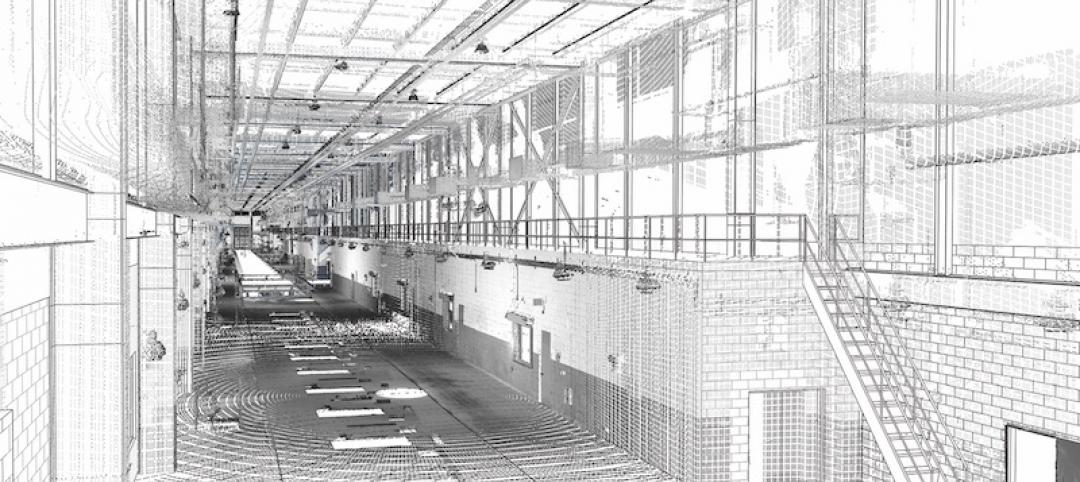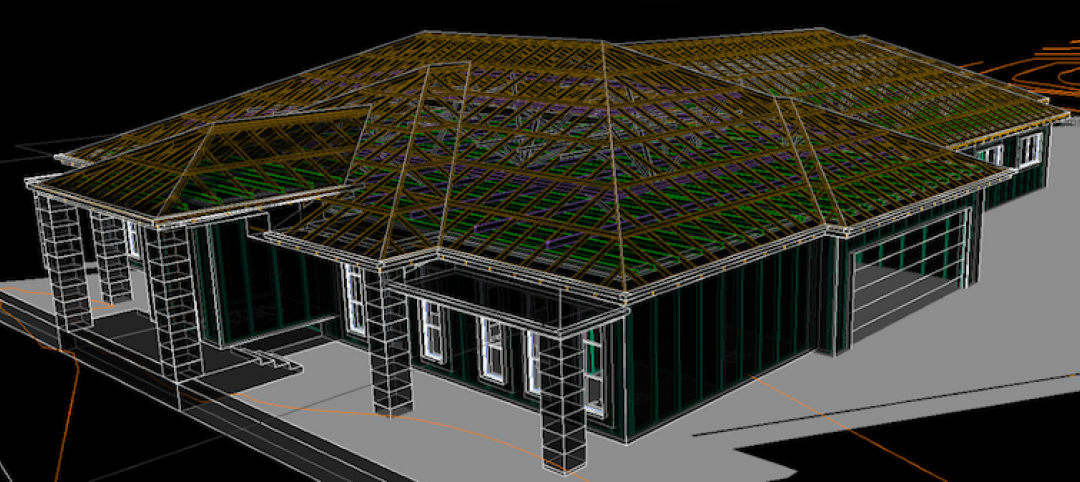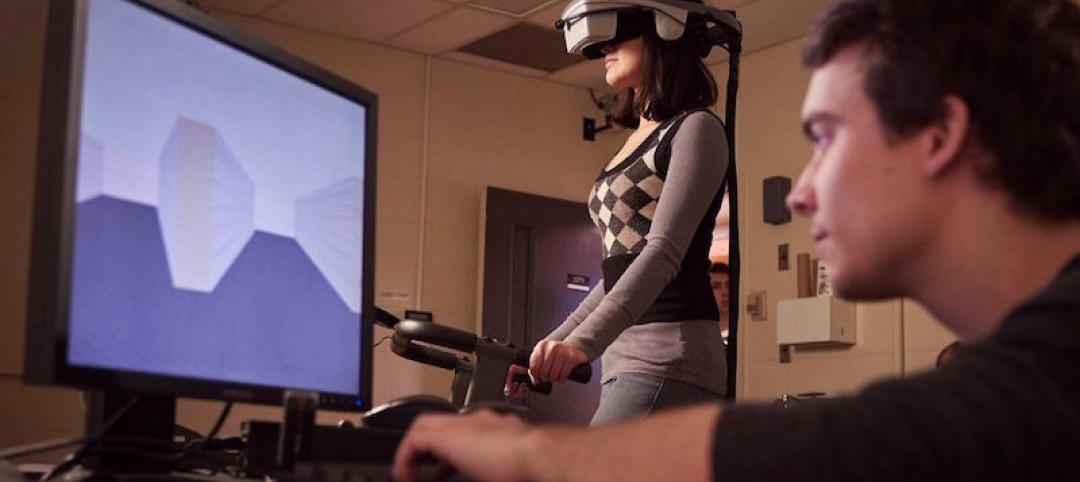
The American Institute of Architects and the AIA California Council have released the results of “Integrated Project Delivery: Case Studies,” a collection of six studies that showcases the process changes and efficiencies of completed building projects that utilized and implemented IPD.
IPD is a construction project model in which owners, design professionals, and general contractors or construction managers jointly share a project's risk and reward. The IPD projects described in the AIA study are the Autodesk AEC Solutions Division Headquarters, Waltham, Mass.; Sutter Health Fairfield (Calif.) Medical Office Building; Cardinal Glennon Children's Hospital, St. Louis; St. Clare Health Center, Fenton, Mo.; Encircle Health Ambulatory Care Center, Appleton, Wis.; and Walter Cronkite School of Journalism, at Arizona State University, Phoenix.
In each case, AIA researcher Jonathan Cohen, FAIA, collected data to measure the completed project against the stated goals of the project team. Through interviews with project participants Cohen and his team also attempted to tell the story of how each project was conceived and carried out.
“Based on these initial reports, IPD is proving to be a solution that frees parties from the processes that often weigh a project down,” Cohen said. “It allows for creativity and innovation in the way stakeholders approach a project—avoiding a 'one size fits all' formula and instead, finding solutions unique to the specific building issues.”
Cohen visited all of the case study projects and interviewed Building Team participants, including one or more representatives of the owner, the architect, and the general contractor or construction manager, and in most cases, the major engineering consultants, specialty subcontractors, building users, and other stakeholders.
Cohen's report includes sections with project detail on early involvement of key participants, shared risk and reward, multi-party contracts, collaborative decision making and control, liability waivers among key participants, and jointly developed and validated targets for all six of the case studies.
Lessons learned and a narrative of each project are detailed in the case studies as well, highlighting obstacles overcome and process changes. In the Sutter Health Project, for example, a few of the subcontractors did not want their foremen attending group scheduling meetings. General contractor Boldt now makes attending those meetings a mandatory requirement for its subcontractors.
“These studies show that IPD is most successful when owners, architects, engineers, and builders step outside the boundaries of traditional roles into a more fluid, interactive, and collaborative process,” Cohen wrote.
AIA spokesman Matt Tinder said that AIA and the AIACC will continue to update the report with new IPD research and that subsequent research will be incorporated into AIA's contract documents, notably C191-2009, Standard Form Multi-Party Agreement for Integrated Project Delivery; C197–2008, Standard Form of Agreement Between Single Purpose Entity and Non-Owner Member for Integrated Project Delivery; and C197–2008, Standard Form of Agreement Between Single Purpose Entity and Non-Owner Member for Integrated Project Delivery.
The entire report is available at http://www.bdcnetwork.com/file/10156-AIA_IPD_case_study.pdf—Jeff Yoders, Senior Associate Editor
Related Stories
BIM and Information Technology | Mar 13, 2017
Real-time, high-speed scanning – The latest in reality capture
Here are a few new reality capture products and platforms that caught our eye.
BIM and Information Technology | Mar 10, 2017
'Reality modeling' arrives
Advanced reality capture technologies are breaking down the barriers between the job site and project models.
BIM and Information Technology | Feb 6, 2017
BIM for O+M: Less about the model, more about the data
How one Building Team is giving a university client what its facilities staff really wants from BIM: information, please.
Codes and Standards | Jan 13, 2017
New BIM guide for owners released
National Institute of Building Sciences releases a manual for developing standard set of BIM documents.
Designers | Jan 13, 2017
The mind’s eye: Five thoughts on cognitive neuroscience and designing spaces
Measuring how the human mind responds to buildings could improve design.
Architects | Oct 11, 2016
A good imagination and a pile of junk: How maker culture is influencing the way AEC firms solve problems
“Fail” is no longer a dirty four-letter word: for maker culture, it has become a crucial stop along the way
Building Technology | Oct 7, 2016
How much is that LEED point worth? A new tool provides answers
Autocase analyzes the financial, social, and environmental benefits of certification.
Sponsored | BIM and Information Technology | Oct 3, 2016
A laser scanning solution for challenging topographic surveys
DeWalt Corporation, which has completed thousands of surveys over the last 50 years, began using 3D laser scanning technology nearly five years ago.
BIM and Information Technology | Sep 15, 2016
8 tips for perfecting co-location
Experts share tips and tricks for maximizing cross-team collaboration.
BIM and Information Technology | Sep 12, 2016
Draft of 2016 version of the LOD Specification has been released for public comment
The comment period is open until Sept. 23.















